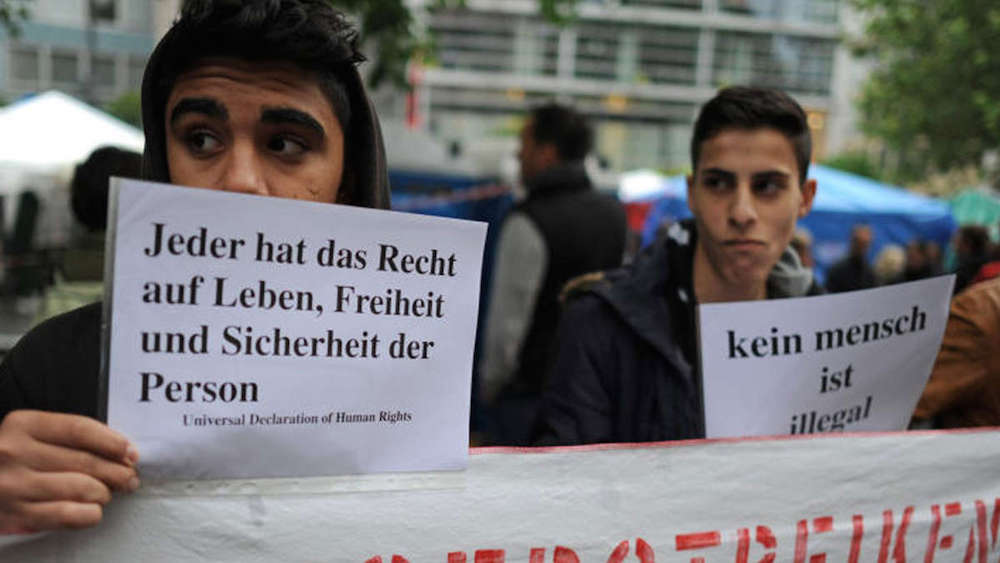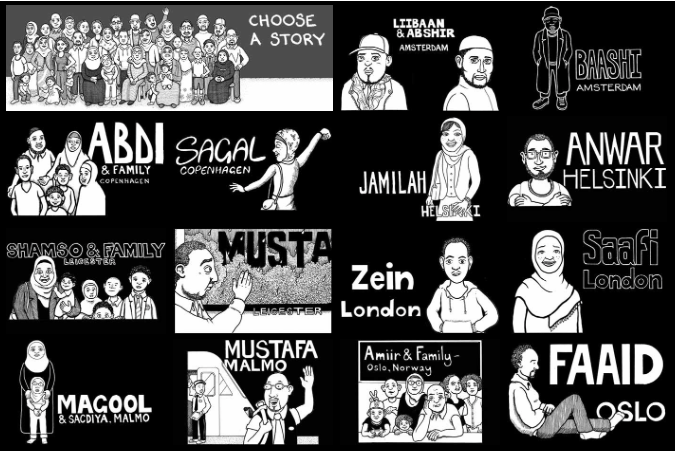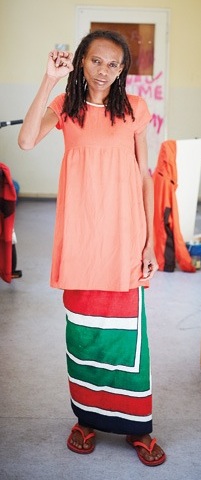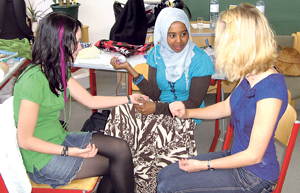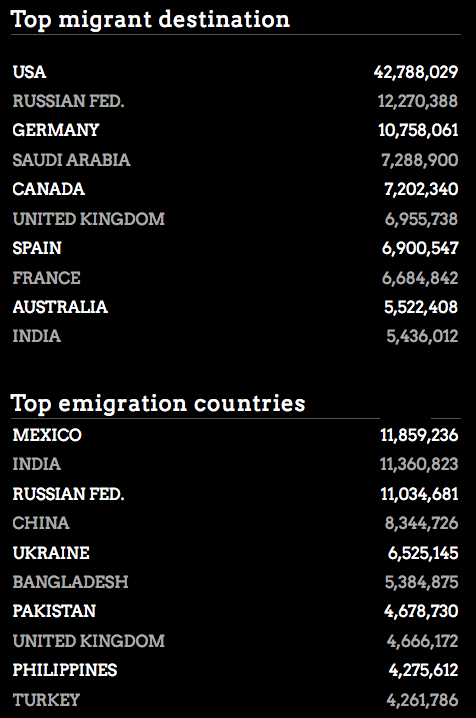The Härtefallkommission (Commission for Exceptional Migration Cases) in Berlin celebrated 10 years since their first official meeting on 13th January 2005. The commission was set up after a legal requirement was made on 1st January 2005 for all Federal states to set up a Härtefallkommission.
The commission in Berlin was the very first to be set up in Germany. It came into existence in 1990, albeit only becoming legal in 2005.
The idea behind the commission is to be the voice of reason in exceptional migration cases and offer a different perspective to the Ausländerbehörde. It targets people who are on the verge of deportation, asylum seekers and those whose departure from Berlin or Germany involves a huge risk.
The commission is made up of representatives of the churches, the League of charities (Wohlfahrtsverbände), the Refugee Council (Flüchtlingsrat), the Migration Board (Migrationsrat), the Senate Office for Women’s Issues (Senatsfrauenverwaltung) and Integration Officer (Integrationsbeauftragten) who all work on a volunteer basis. With a two thirds majority, the commission writes to the Senator in charge of Interior (Innensenator), who makes the final decision on the deportation or residence. The Senator doesn’t need to explain his decision.
The commission has been able to earn a residence permit for 2802 after appealing on their behalf and for 327 people who got residence permit via regular legal basis after the commission pointed it out. However, the commission has been facing declining success rates in 2011 their success rate was at 71% and this fell to only 36% in 2014. The probability of a case being successfully terminated depends on the level of integration of the individual, duration of stay in Germany and their interaction with the courts. Those with a crime record rarely got a residence permit. It is also easier to handle a single individual instead of a family (this has unfortunately caused cases where a child gets residence permit, while parents are requested to leave Germany or risk deportation. In other cases it has been parents who get the permit and the child(ren) are requested to leave.)
In celebration, the commission shared stories of 2 Kenyans who successfully got their residence permits through the commission’s involvement.
Janet* came to Berlin at 10 years of age, now 18
Janet was born in Kenya where she lived with her mother after her father left her. Before long, her mother passed on and she was left to live with her aunt. At the age of 10, the aunt she lived with also died. The relatives in Kenya couldn’t afford to take her in and the aunt living in Berlin offered to live with her.
She moved to Berlin and although the start was a bit challenging, it wasn’t long before she was the best pupil in her class with the very best grades. Her aunt who had already taken up German citizenship tried to adopt her, but due to bureaucratic hurdles this never came to fruition.
At the time Janet still held a Dudlung, and that’s when the family sought the Härtefallkommission. With their help, Janet was issued with a residence permit under the § 23a AufenthG (Aliens’ Act). Janet is currently attending the Gymnasium in Berlin and hopes to join the University.
Yasmin* came to Berlin at 16 years of age, now 22
Yasmin came to Berlin in 2008 as an unaccompanied minor and was initially taken in by the Jugendhilfe. In Kenya, she had endured massive violence and had to undergo therapy in Berlin.
Her application for asylum was rejected and had to endure years of deportation threats.
Despite the post-traumatic stress disorder (PTSD) and psychotherapy at the center for victims of torture, she enrolled in school and made great strides. After attending German language lessons, she signed up for the Hauptschulabschluss (HA) which she completed with a straight A. A year later in 2010, she took the extended Hauptschulabschluss (eHSA) and in Juli 2011, she got the Intermediate School Certificate (MSA) with a GPA of 1.7. Summer last year, she did her Abitur in which she also had a great grade.
Moreover, Yasmin is not only books, she has been involved in many other extra curricular activities including being a member of an African gospel choir, a film project, Tembo e.V., the New Generation Berlin e.V. as well as a dance group that performs at the annual festival, KENAKO.
In February 2014, the Senate ordered for her residence permit to be issued. She is now studying Pharmacy at the University in Jena.
*names changed for anonymity.

